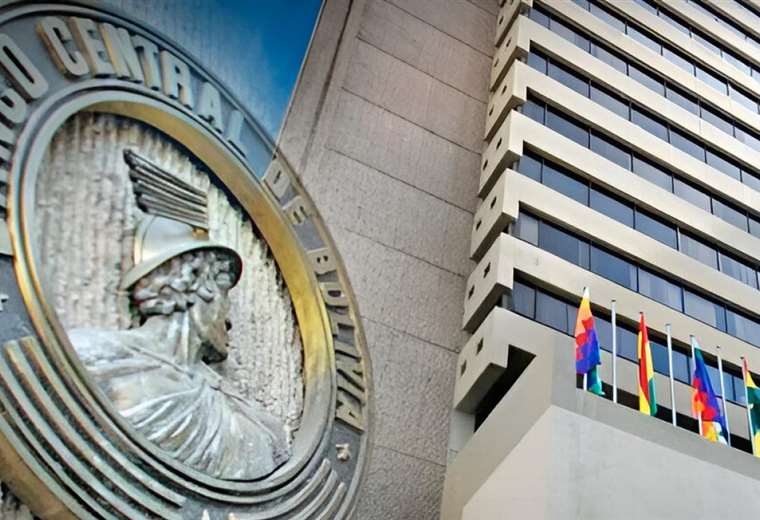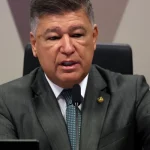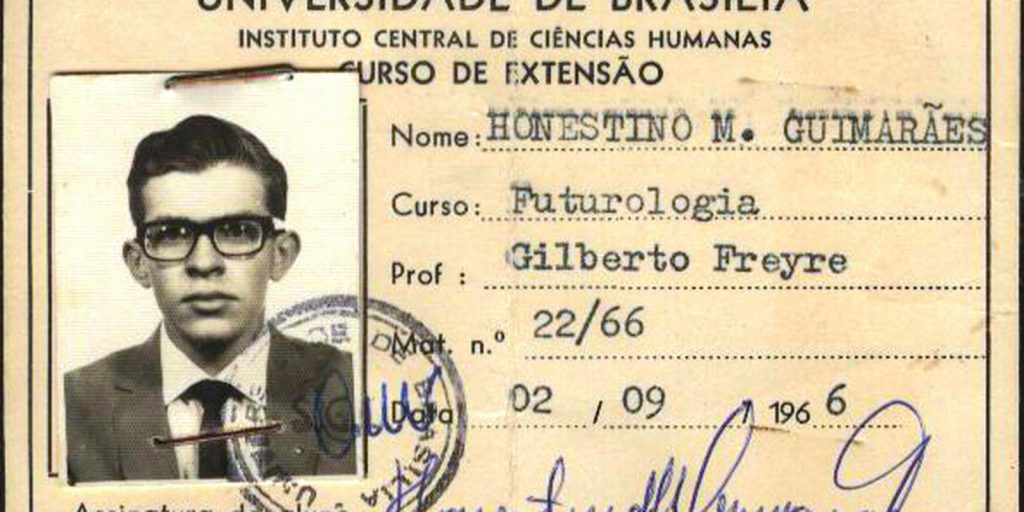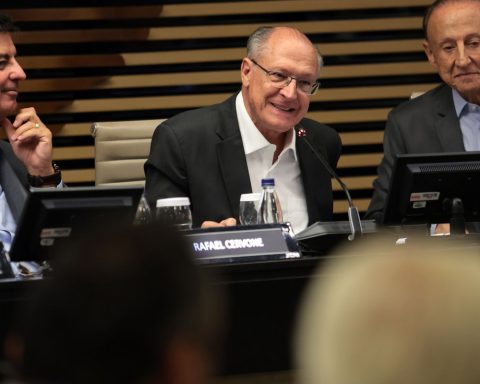July 27, 2024, 7:00 AM
July 27, 2024, 7:00 AM
The Central Bank of Bolivia (BCB) modified article 5 of Board Resolution 093/2024 to avoid assuming debts in dollars with public companies that export their products. One more example of how the issuing entity requires foreign currency for the import of fuels and to reinforce the international reserves, which until April 30th were at $us 1.796 million.
“Shall be deemed liquidation of exports the amount that the General Treasury of the Nation deposits in BCB accounts on behalf of public companies at the central level of the State and companies in which the State has a majority shareholding,” states the text added to the aforementioned regulation.
As is known, since the 2023 General State Budget, the total amount of exports of state-owned companies It is settled through the Central Bank of Bolivia, by means of the transfer of these resources to the BCB accounts abroad. In turn, the Central Bank transfers this money in national currency at the official exchange rate (Bs 6.96) to the account of state-owned companies in the BCB, the TGN or another account in the national financial system.
José Gabriel Espinoza, economist and former director of the BCB, explains that with this resolution Obligations are ‘de-dollarized’ and everything is transferred to Bolivians“This is striking, because it suggests that the Central Bank does not want to have debts in dollars with public companies,” he says.
They are “de-dollarizing” -he says- the dollar liabilities generated by the Central Bank by forcing the liquidation of exports by public companies through that entity.
“The obligation to settle foreign currency for exports of Public Companies through the BCB began with the 2023 Budget Law, but It had not been established how the obligations of the BCB remained. which resulted from the dollar deposits of these public companies,” he added.
They see that it will complicate state imports
According to the economic analyst of Fundación Pópuli, Carlos Aranda, public companies basically sell dollars cheaply to the BCB because they are forced to exchange them at the official exchange rate, “I assume that will impact their operating results, especially those that import capital goods to operate, since if they want to buy back dollars with the bolivianos (Bs) that the BCB gives them to import, they will do so at market exchange rates,” he said.
Along the same lines, the former director of the BCB, Róger Banegas, indicated that public companies -due to their operations- They need to have certain resources abroad For the purchase of machinery, supplies and payments to suppliers (YPFB and ENDE are given as examples), this measure removes said discretion, forcing them to deliver 100% of the foreign currency from exports to the BCB abroad.
“Is a measure that will generate additional economic costs for them For public companies (economic damage), a sign of greater uncertainty and potential alert regarding private exports (in the future), which shows the deepening of the dollar crisis in the country,” said Banegas.
But how much do state-owned companies export?
In 2023, the sector that generated the highest export revenue was mining with $us 5,665 million, followed by hydrocarbons, which totaled $2,124 million, where Yacimientos Petrolíferos Fiscales Bolivianos (YPFB) is the leading company.
Then the state-owned National Electrification Company (ENDE) was mentioned, but its exports of electric energy do not exceed $us 5 million annuallydespite the fact that Bolivia has an installed capacity that doubles the demand in the country.
According to the Economic Logbook bulletin of the Ministry of Economy and Public Finance, the state-owned companies Cartonbol, Papelbol, Senatex, Envibol and EBA generated exports worth US$4 million. And taking into account last year’s data, public firms (Envibol and Cartonbol) obtained income of more than Bs 3.11 million from the export of products to four countries.
“In 2023, our public productive company Envibol exported to the United States, Peru and Brazil; and Cartonbol to Chile, obtaining a total of Bs 3.11 million, It is important to highlight that these products meet high quality standards,” highlighted the Public Productive Enterprise Development Service (Sedem) at the Final Public Accountability Hearing 2023.
Over the last three years, state-owned productive companies have managed to export their products with the “Made in Bolivia” seal to different countries, obtained income of more than Bs 23 million. “Envibol exported to Peru, Brazil, Chile, Argentina, and the United States; Cartonbol to Chile and Papelbol to Peru, achieving revenues of more than Bs 23 million,” said Sedem manager Fátima Pacheco.
Exports, the Government’s hope to attract dollars
Although it may seem contradictory due to export restrictions and quotas, today the Government sees foreign sales as the lifeline. The Vice Minister of Defense of User and Consumer Rights, Jorge Silva, said that the only solution to face the crisis is to sell products abroad. shortage of dollars in the country is to increase exports. According to Silva, this would increase foreign exchange and satisfy the demand of all sectors.
“We have to ensure that foreign currency reaches the country, whether through the sale of resources we have or by improving exports. We have to generate more foreign currency to meet demand. that we have in the country, not only to comply with the subsidy (on fuels), but to comply with all sectors,” said Vice Minister Silva.
According to the deputy minister, the Government continues to work to improve conditions of imports and exports to generate more foreign currency in the country.
The authority added that the Government is working to improve the conditions for importing and exporting, and will meet with the business sector to seek solutions. “We seek to control the parallel dollar market, “although there is still no formal evidence of a significant increase in its price,” he said in an interview with the program ‘Que no me pierda’ on Red Uno.


















